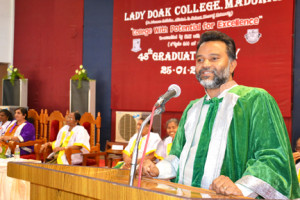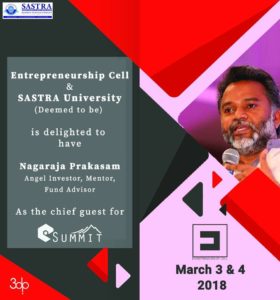-
Categories
-
Tags
Acumen Acumen Fellows Agricultural Technologies agriculture Angel Assam Atul Innovation Mission Azim Premji University Circular Economy College cpcri Crafts Cultural IP Cultural Sustainable Academy Education education Department Failure Future Forward future of education ganpat university GoCoOp government gujarat hackathon IIMB IIT IIT Madras Impact Inesting Inclusive Growth Incubator training program India vision innopreneurs grand finale lemon ideas via niti gadgari Innovation kasagod kerala kisanmitr LDC Menstrual Hygiene Mentoring Nagaraja prakasam NAN Nativelead NIFT NITI Aayog NITI Aayog cosultation group North East NSRCEL Principal Scientific Advisor’s Office Rajasthan rural india busines conclave smart gujarat Social Business solve problems StartupTN student entrepreneurship students Sustainability Development Goals sustainable cities Sustainable Fashion TamilNadu Telugu TISS Women Entrepreneurship Yunus Social Business

“Affirmative Action and Diversity Measures in the Private Sector”, moderated by Nagaraja Prakasam
Conference Objective:
to address caste based discrimination in Bangladesh, India and Nepal. The conference is solution focused and forward looking, with four key aims:
- To understand on-going strategic initiatives, efforts and best practices emerging from Bangladesh, India and Nepal to address caste based discrimination, with a specific focus on Dalit women.
- To assess the current initiatives on addressing the intersections of gender and caste in terms of meeting the needs and rights of Dalit women.
- To examine best practices with respect to inclusion matters and the private sector.
- To understand the emerging public policy climate on caste based discrimination, with specific focus on intersecting caste and gender discrimination.
The conference sessions will highlight equity and inclusion strategies and achievements in a number of key areas covering policies and legal frameworks, affirmative action and diversity measures, addressing multiple discrimination against Dalit women, equal economic opportunities and employment, promoting inclusion via education, media and ICT, and localising the SDGs agenda to leave no one behind. Sessions will be in the form of dialogues between expert panellists facilitated by experienced moderators, leading to the formulation of a working regional agenda for social inclusion.

- What do you really mean by a social-tech startup? Characteristics, examples
- Urban vs Rural India with respect to social-tech startups
- Bursting the Myth: “Social-tech and Profitability cannot go together”
- Bursting the Myth: “Social-tech startups cannot create billion dollar companies”
- Handful of impact investors in India. How do we change that? Role of Entrepreneurs, Investors, Government and people in general
- Scenario of foreign investment in India, in the social innovations space





